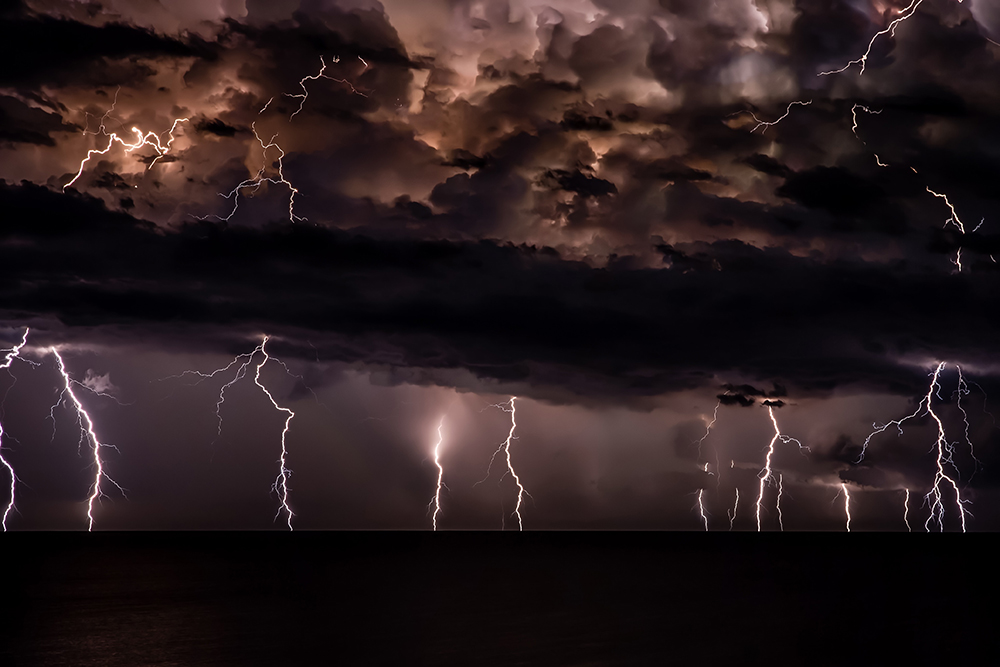House Majority Whip James Clyburn (D-S.C.) in an interview with The Hill on Tuesday said protesters should be more diligent when choosing which historical monuments to challenge
House Majority Whip James Clyburn (D-S.C.) in an interview with The Hill on Tuesday said protesters should be more diligent when choosing which historical monuments to challenge and defended the records of George Washington and Ulysses S. Grant, whose monuments have been targeted by racial justice protests.
But Clyburn also railed against other figures such as John C. Calhoun, the former vice president who defended slavery and whose statue still stands within the Capitol, saying such figures do not deserve a place of honor among American heroes.
I know enough about history to know that Ulysses Grant was the best friend that former slaves had coming out of the Civil War, said Clyburn, the third-ranking House Democrat.
I know that what caused him great pause when he was about to marry, the young lady he wanted to marry, he had real problems with the fact that she that her family owned slaves, he added. So it was a big mistake on the part of anybody to tear down his statue, and the same thing applies to a lot of others.
Clyburn made the remarks in the first installment of Reflections, a series of digital interviews being conducted by The Hill on systemic racism and implicit bias in the United States.
Protesters around the country have torn down or vandalized a series of statues regarded as casting systemic racism in a positive light but in some cases have targeted other historical figures, including a case in June where a statue of Grant was torn down in San Francisco.
Asked by The Hills Editor-at-Large Steve Clemons his thoughts on vandalism against statues of anti-slavery characters like Grant, Clyburn replied, To that I say, ignorance is bliss.
The fact of the matter is thats why Im a big advocate of people sitting down around the table and having sensible discussions. If they were to have sensible discussion about these things, people would be more careful about anything that resembles mob action, said Clyburn.
The House is set to vote next week on a measure removing from Congress statues or images of historical characters who worked for the Confederacy or to uphold slavery.
Clyburn lauded that bill while making the case for thoughtful consideration of each monuments net effect through a lens of historical systemic racism.
We ought to go over all of these things, study these issues, look at who these people were, have a sensible discussion and then make a decision as to whether or not they deserve a place of honor, he said.
Clyburn, a former high school history teacher, also defended Washington, emphasizing that while the first president owned slaves, he set them free and he didnt fight to keep people enslaved.
I think that he demonstrated that he was not a man of his times when he set those slaves free, said Clyburn, who has previously publicly defended Washington and Grant.
The veteran South Carolina politician, who was instrumental in former Vice President Joe BidenJoe BidenBiden campaign slams Trump’s Rose Garden event as ‘sad affair’New shutdowns add to Trump woesCNN cuts away from Trump’s ‘campaign-type’ Rose Garden speechMOREs victory in his states Democratic presidential primary this year, said he was glad to see other statues come down, name-checking both historical figures representing his state at the United States Capitol.
I think the two statues weve got up there, John C. Calhoun, one of the biggest proponents of slavery, and Im glad to see that Charleston, S.C., took his statue down and that Clemson [University] took his name down off their honors college, said Clyburn.
Each state sends two statues of historical figures to the Capitol. South Carolinas entries to the National Statuary Hall Collection are Calhoun, the former vice president known as a fervent advocate of slavery, and Wade Hampton, a Confederate general and slaveowner who later served in the U.S. Senate.
Wade Hamptons got no business representing South Carolina up there in Statuary Hall or in the Capitol, said Clyburn, adding that the upcoming bill to remove the monuments to defenders of slavery will be a good thing.
Were not going to tear them down, were going to remove them put them over in the Smithsonian and let the states decide what they want to do with them. But we as a Congress ought not have them in places of honor in our Capitol, he added.
Still, beyond statues and monuments, Clyburn called out what he views as a preservationist stance toward systemic racism in the Trump administration.
If we were to judge whats been going on in the White House, its been to preserve or at least take us back to the foundations of which this institutional racism was built, said Clyburn.
We hear talk all the time about the vestiges of slavery. Yes, they do exist. But there are also the lingering effects of Jim Crow. Black folks stayed enslaved 244 years. Do the math, see how many generations that will give you, he said. And for all of a sudden now we see people pretending not to understand what thats all about. Thats how you get institutional racism.

